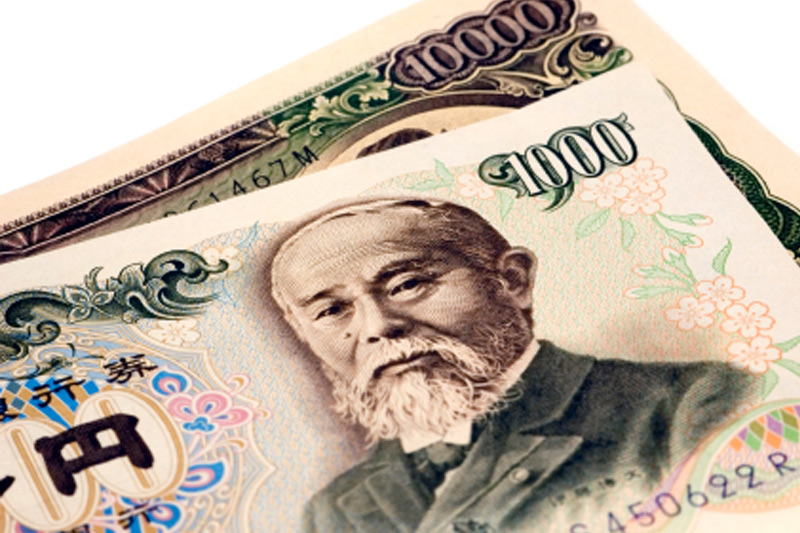Investing.com - The yen moved weaker in Asia on Friday with comments from Federal Reserve Board Chair Janet Yellen overnight that the central bank is on track to gradually raise interest rates if the economy continued to evolve as expected.
Yellen also defended the decision by the Federal Open Market Committee to raise rates in December from the zero lower bound where it had been since December 2008.
"We indicated that we thought the path of rate increases would be gradual, and that remains our best guess, and expectation, that if the economy continues on the path it's on, of recovery, then further increases will be justified," she said.
USD/JPY changed hands at 108.64, up 0.39%, while AUD/USD traded at 0.7514, up 0.11%.
In Japan, the adjusted current account came in at a surplus of ¥1.73 trillion, wider than the ¥1.57 trillion surplus seen.
The U.S. dollar index, which measures the greenback’s strength against a trade-weighted basket of six major currencies, was up 0.11% to 94.60.
Overnight, the dollar was little changed near five-and-a-half month lows against the other major currencies on Thursday, after upbeat U.S. jobless claims data as the minutes of the Federal Reserve’s March meeting continued to weigh.
The U.S. Department of Labor said the number of individuals filing for initial jobless benefits in the week ending April 2 decreased by 9,000 to 267,000 from the previous week’s total of 276,000. Analysts expected jobless claims to fall by 6,000 to 270,000 last week.
The data came a day after the minutes from the Fed's March policy meeting indicated that the central bank is unlikely to raise interest rates before June due to concerns over global economic growth.
The minutes showed that "a number" of policymakers believe that headwinds to growth will probably persist and that many urged caution about raising rates.
Meanwhile, Bank of Japan Governor Haruhiko Kuroda said on Thursday that he will “undertake additional monetary easing” if needed, either by increasing the central bank’s asset purchases or by lowering its deposit rate further below zero, or both.
